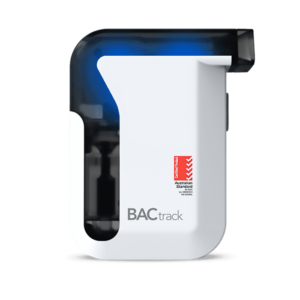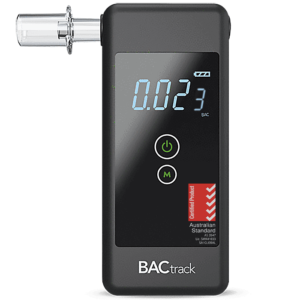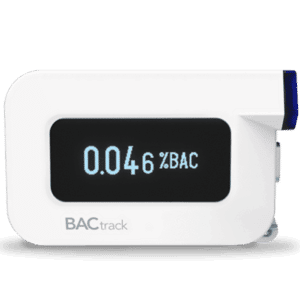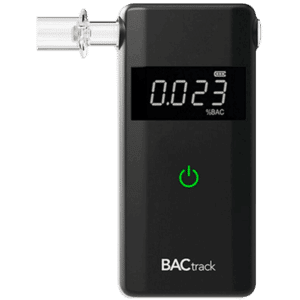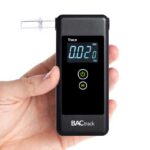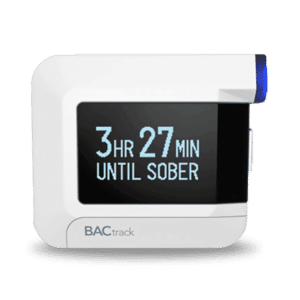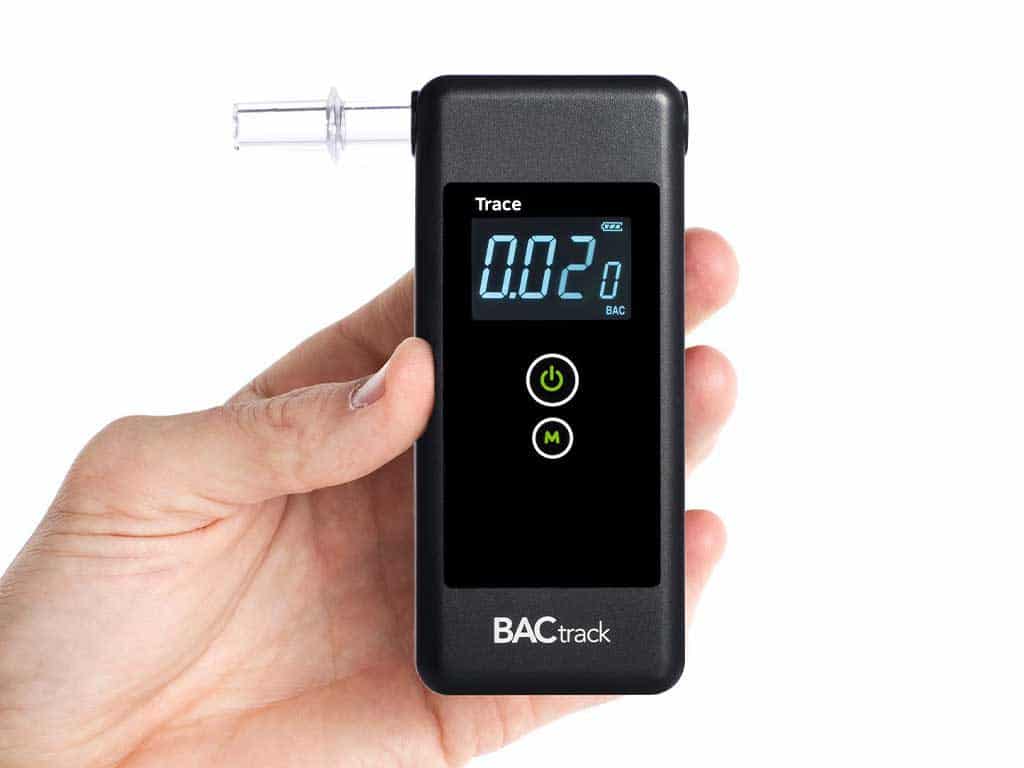
Breathalysers are valuable devices that measure a person’s Blood Alcohol Content (BAC) or intoxication level. The most prominent feature of a breathalyser is its sensor type. In addition, breathalysers with fuel cell and electrochemical sensors examine the alcohol content in a breath sample. However, a breathalyser’s sensor is sensitive and may build up alcohol residue over time. Therefore, it needs proper usage and care to maintain its accuracy for more extended periods. Thus, a breathalyser maintains its accuracy through periodic calibration. This involves a couple of weeks of downtime of being without your device, however, it is vital to ensure your device is fully functional. Breathalysers Australia offers complete Australian calibrating services for all BACtrack breathalysers.
A breathalyser’s sensors drift over time, affecting the quality of BAC results. Therefore, inaccurate alcohol breath tests can lead to a false sense of security while driving. Additionally, this error may cost you a drink-driving charge or increase the possibility of getting into an accident. Thus, regular calibration is essential to ensure you get the most accurate alcohol breath test. The BACtrack breathalysers come with a recommended period for recalibration. Breathalysers Australia calibrating services include notifying you through email or text when your unit is due for recalibration. Other factors can also affect your device’s sensors, which will lead to a shorter recalibration period. The volume of use and blowing substantial alcohol concentrations are examples that can both affect when you should recalibrate your device.
Australian Calibrating Services: Why do we need recalibration?
Breathalysers are accurate devices that give fast results. As a result, frequent use or extensive alcohol concentration build-up weighs on the sensors. However, there will be a point when the unit can no longer take an accurate reading. As a result, a breathalyser needs Australian calibrating services to maintain the sensors. The frequency of use can affect the device’s sensors, and strong alcohol concentrations occur when the user does not wait 15 minutes after drinking alcohol. Alcohol residue results from a breathalyser’s frequent use, and substantial alcohol concentrations and the build-up will affect the sensor’s accuracy. Therefore when the residue builds up, recalibration is needed. There are 4 steps in the breathalyser recalibration process:
- Recalibration using a 0.05 solution
- Inducing special fluid to flush alcohol residue on the sensors
- Testing the device for different blood and alcohol content levels to reset the device
- The airway of the unit is cleaned and serviced
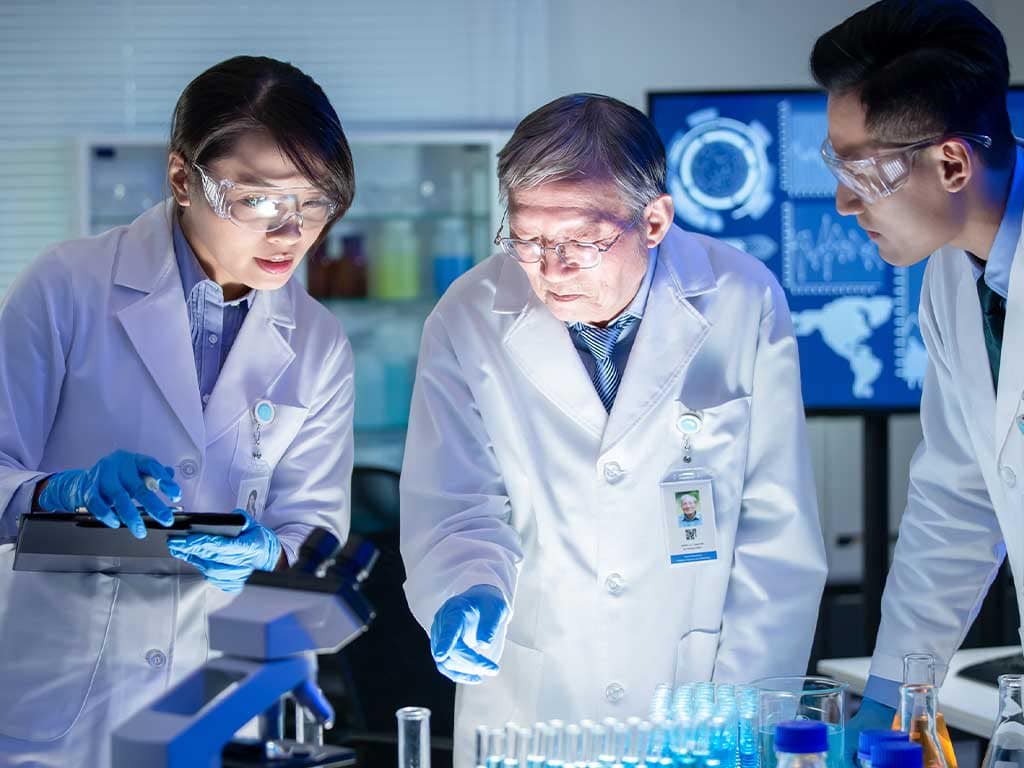
Australian Calibrating Services: Who does the recalibration?
Only trained professionals can perform the Australian calibrating services for Breathalysers Australia. The technician adjusts the software inside the breathalyser to measure accurately. This involves flushing a special fluid into the sensor to clean it. Then we test the sensors at various BAC levels until it conforms to the acceptable variance norms of the sensor performance. Consequently, do not try to clean or recalibrate the sensors yourself, or you will risk damage to the sensors. In addition, opening up your BACtrack breathalyser on your own will void the warranty.
As a general guide, personal fuel cell breathalysers need recalibration every 12 months. Moreover, workplace fuel cell breathalysers need recalibration between 6 and 9 months, depending on the model and certification requirement. Additionally, if your BAC results fluctuate despite the alcohol consumed, it may be due to recalibration. Even if you do not use the breathalyser frequently, the accuracy will also drift with time. The Australian calibrating services send automatic emails based on your date of purchase, so you will be notified when the device is due for recalibration. Check the calibration procedure and policy of Breathalysers Australia before sending back the device. Breathalysers Australia complies with AS3547 local requirements to ensure high accuracy with your BACtrack breathalyser.
Breathalyser Recalibration Guidelines
It is important to know the capacity your unit will be utilised in. Personal breathalysers are typically used for avoiding road accidents and drinking offences, therefore keeping you and the public safe. Thus, alcohol breath tests using personal devices after consuming alcohol is strictly to ensure that the user is within the legal BAC levels. Therefore, personal breathalysers are not commonly used in a workplace environment, unlike the Workplace Models on offer.
As a result, Australian calibrating services advise that breathalysers for personal use should be recalibrated at least every 12 months. However, users that drink more and have a higher alcohol concentration have a different recalibration timeframe. Additionally, a high level of alcohol concentration can lead to alcohol residue build-up that will damage the sensors. For this reason, recalibration is significant when you own a personal breathalyser.
A business with a zero-alcohol tolerance policy needs workplace breathalysers. Therefore, random alcohol breath tests are essential in high-risk industries to prevent accidents. Thus, breathalysers are great substitutes for alcohol blood, urine, saliva and hair tests. This helps with the company’s workplace alcohol policies implementation. Companies use alcohol breath tests more frequently to deter alcohol usage and keep staff and visitors safe. Because of this, recalibration is needed every 6-9 months. However, an important thing to remember is that Breathalysers Australia may void the unit’s warranty if the breathalyser is opened or tampered with. In addition, Breathalysers Australia has their own Australian calibrating services. A workplace breathalyser’s recalibration can help companies provide accurate test results. Owning a calibrated breathalyser can provide safety to the workplace and its employees.
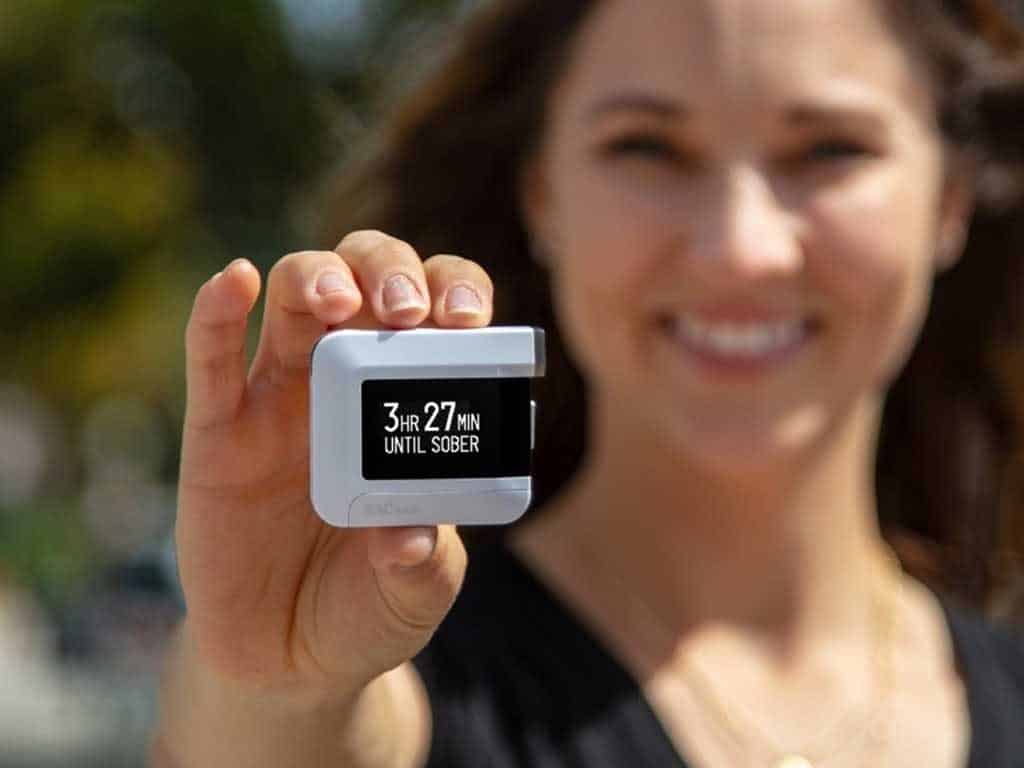
Australian Calibrating Services: How much does it cost?
A purchased unit from Breathalysers Australia has a serial number for tracking your unit for recalibration. Therefore, a monitoring program is in use to send you an email when your unit is due for recalibration. A recalibration is necessary to maintain your breathalyser’s sensors. Additionally, there will be a fee for the recalibration process. But how much does a recalibration cost for Australian calibrating services? The cost will depend on the sensor technology used by a breathalyser. A fuel cell sensor device will cost $59.50 inc GST and $74.95 + GST for the Platinum electrochemical sensor. The fee includes the pickup and return Australia Post to and from Northern NSW. We recalibrate the following devices:
Xtend® or BluFire® fuel cell sensors
- BACtrack S80 Pro (Gen1 & Gen2)
- Mobile pro (Gen1 & Gen2)
- BACtrack Trace Pro (Gen1 & Gen2)
- BACtrack Scout
Platinum electrochemical sensor
- Alcovisor Mercury Touchscreen
- Sheild Touch
- Shield Identity
Sending Process for your Breathalyser Recalibration
Breathalysers Australia has accredited Australian calibrating services for BACtrack products. However, there is an important detail you need to remember before getting a recalibration. BACtrack products that have lapsed the calibration period for over 18 months are not available for calibration.
If you wish to recalibrate sooner than the recommended period please email us at service@breathalysers-australia.com.au with your serial number. We will then verify the device and send you an invoice. However, all registered devices will receive periodic notifications when due and an invoice will be created if you wish to proceed.
Once paid we will send you an envelope with a pre-addressed Australia Post satchel. Place your device in the satchel and protect with the cover or with bubble wrap, and drop it in a red Australia Postal bin or at the Post Office.
Once the device arrives, we will return it after 1-2 business days. This allows the laboratory to check for consistency and provide any maintenance. The device will then be repacked and dispatched. You will receive an Australia Post tracking number and your device is on its way. The process is hassle-free and the breathalyser will return to you fully recalibrated and serviced.


















